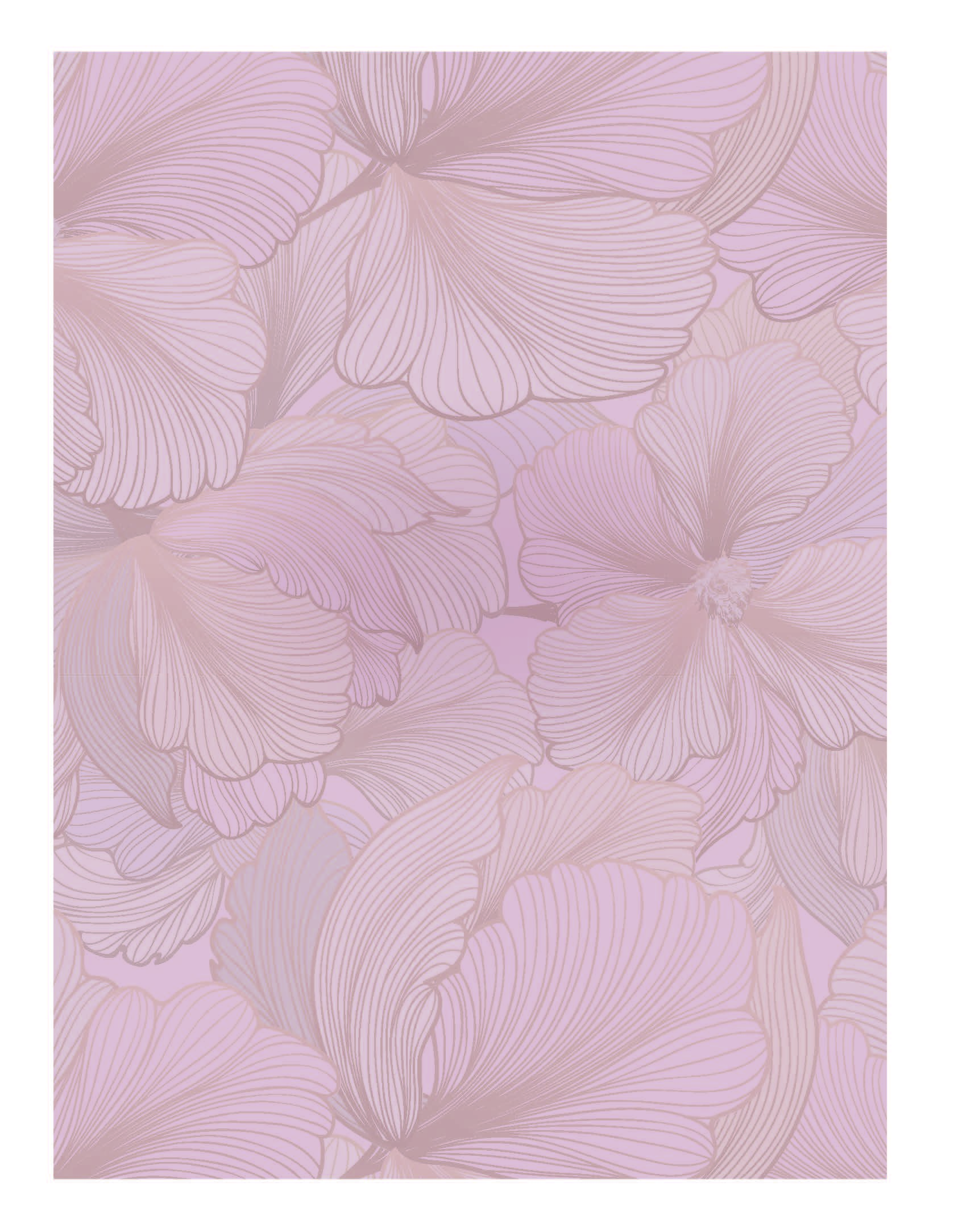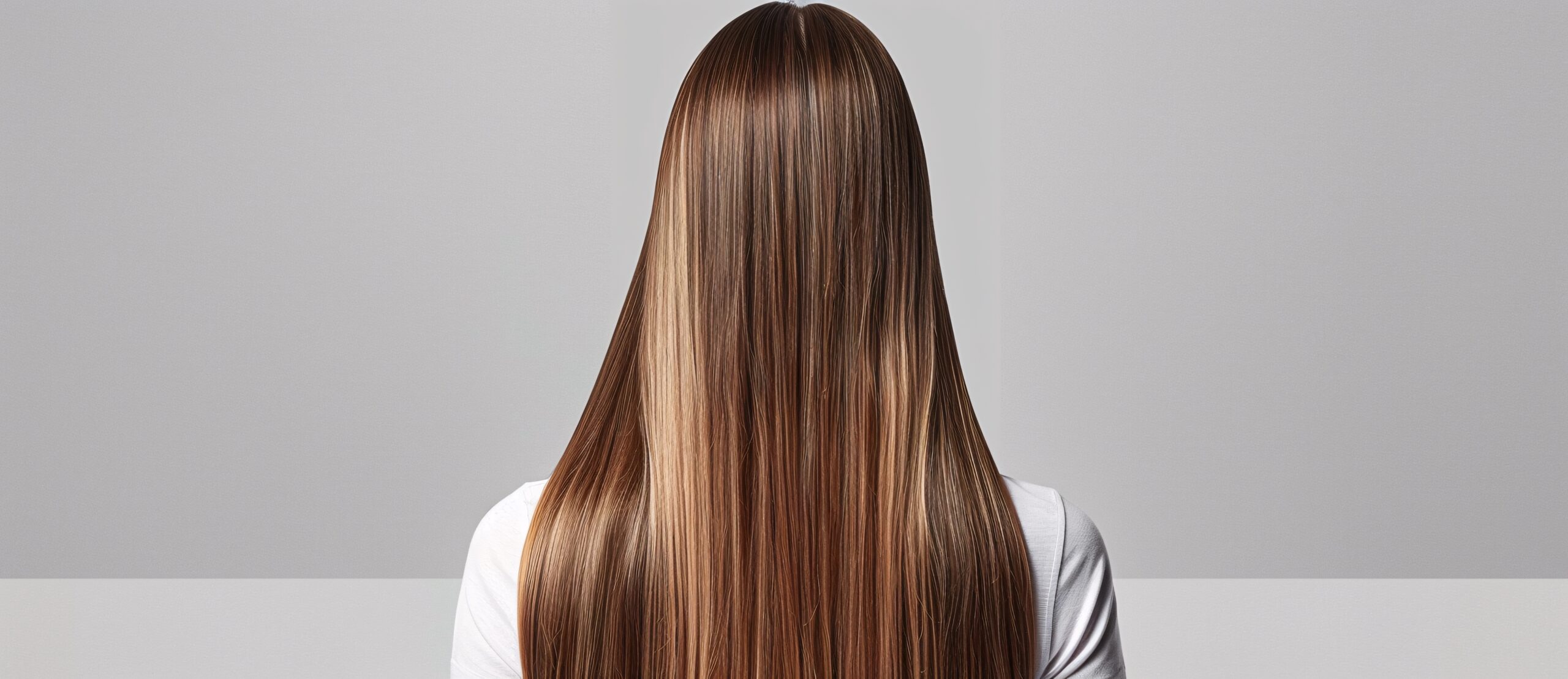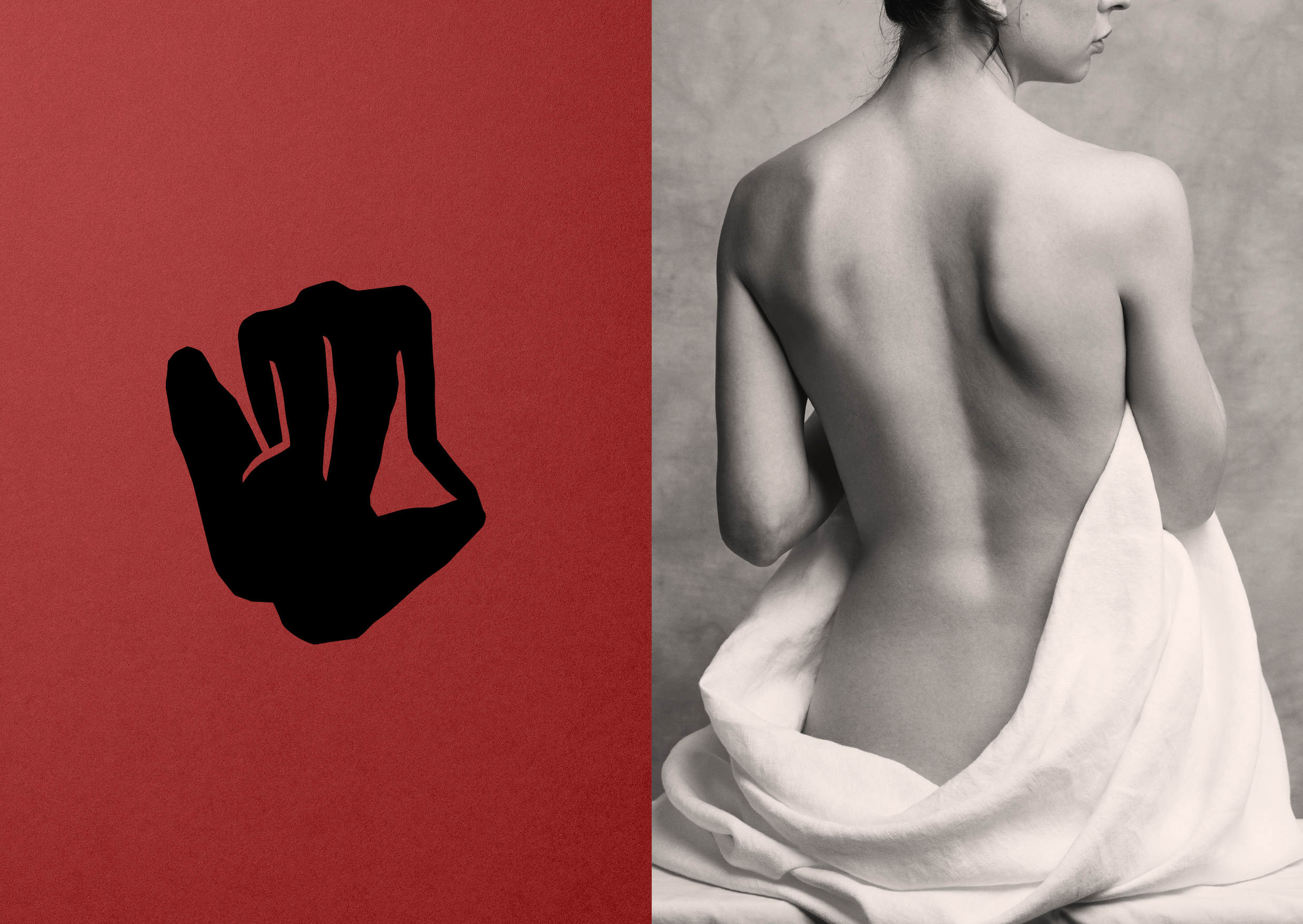Interviews by Good editor Carolyn Enting.
Childlessness, or being child-free is a world of accidental affront, small hurts and the occasional bout of grief. Despite being common for many women today, and becoming more so both consequentially and intentionally, there is little advice on how to navigate this territory.
“There’s no evidence that having a child is essential to having a happy and meaningful life, and whether you are child-free by choice or through infertility, it won’t be the defining fact of your life. We’re all multidimensional creatures and have myriad ways we contribute to the world and many potential sources for happiness and fulfilment,” says Dr Alice Boyes.
Anna Dean, co-founder of Double Denim

As a 42-year-old childless woman I’m still blindsided by thoughtless comments; albeit learning to be more forgiving of them. As you age, the commentary thankfully becomes less frequent, an it has helped to talk with older childless women who have gone through the process (for a process it is) already.
What I’ve learned is that there’s a common discourse in New Zealand: whether you have children or not, you’re damned if you do, and you’re damned if you don’t. And everyone has an opinion.
In my work at creative agency Double Denim Ltd we have conducted extensive research* into the economic and emotional lives of New Zealand women.
The study found that 75 per cent of women interviewed believed that society needed to be more supportive of women’s choices with regards to childbearing,
60 per cent of respondents agreed that whether a woman chooses not to have children, chooses to stay at home after having children, chooses to work after having children, they are all stigmatised – differently but deliberately.
It is clear that New Zealand society has a very narrow (and contradictory) view of what are appropriate and acceptable life choices for women.
Add in the perpetually declining time frame to make a decision to have a baby, should you be afforded that luxury, and it’s the ultimate pressure cooker situation. Your decision window is closing by the day while everyone around you has a view on it.
Furthermore, while men have the privilege of putting off the decision for an extra quarter of their lives, given the biological realities of fertility, the situation for women becomes starker with time.
I had always told myself I needed to have a child by 38, so that I could both ‘have a career’ and then ‘settle down’. This led to an ill-conceived marriage, followed by a relationship with a partner who decided he didn’t actually want to have children for another two years, meaning biology counted me out. It dawned on me that something as base as reproduction, everyone seems to think they have the right to have an opinion, or worse, make decisions based on the status of your womb.
All of that has landed me where I am today, culminating in the following list of insights that I thought may be helpful:
- When childless it can pay to be discerning about your Instagram and Facebook feeds and their never-ending scroll of baby pics, children being cute and joyous family moments. If vulnerable this can cut like a knife. We all know children and babies are everywhere but if you’re in a grief period it can be incredibly depressing and best to try and avoid.
- Be aware of what your childless friend may be going through. My business partner was incredibly gracious when she became a step-grandmother. I asked her to give me a rest from the baby pics and stories, which she did with sensitivity and care. I’m very grateful for this. Now it doesn’t hurt so badly but sometimes these things, especially for those who have experienced miscarriage, can seem like a death in every direction. I have found myself getting upset at television shows where parents and kids were going to school for the first day or graduation, realising I’d never be able to experience that with my own child.
- Recognise male privilege here. Have an early discussion with your partner and keep talking about it to make sure you’re on the same page. [Also, if you have a baby, make sure your partner pays your KiwiSaver while you have a break from work to lessen that savings gap.]
- – Mothers-in-law, you have no right to intrude into someone’s plans around child-bearing. Talk to your sons (in hetero relationships) instead and teach them it’s their responsibility to have open dialogue with their own mothers. It’s not the emotional labour of the daughter-in-law.
- Society as a whole can recognise there are many ways to parent. I’m inspired by those who are doing it for the planet, for society, for the underprivileged, and even those doing both (thanks Jacinda).
- While I may be a wicked stepmother at some time in the future, in this equation there is also an onus on mothers to be ok about new ‘mothers’ in their children’s lives. While it’s easy for me to say, I’ve seen it work incredibly well and everyone can be much happier if there is openness and compassion for new arrangements.
- If you have a daughter who is reaching the end of her fertility and you’re worried about how she might react to news a sibling is pregnant, don’t be. Share the good news in private (not public), excitedly as you will be, but with kindness and care. The childless woman still loves children and the wonder of childbirth, especially one whom is about to become an aunt.
Tina Moore, founder of social media agency The Optimal

When did you know that you consciously didn’t want to have children?
It wasn’t so much about making a firm decision – I just always believed babies were not for me. I can recall even as a teenager thinking I would never want kids of my own; I never babysat or had much involvement with children back then, and I only held a baby for the first time in my early twenties – so babies were always an “other people do that” kind of thing.
How did you arrive at this decision?
It wasn’t until later in my life that I had to really think about why I didn’t want kids. And mainly that’s because so many people start to ask once you reach a certain age. It’s wild how many people will outright ask when/if you’re having kids. I’m through the worst of it now though, I think… For the record, simply not wanting them is a perfectly valid reason.
Did you always know you didn’t want them? Was it an internal feeling, or were there other reasons?
It was very much an internal feeling. I just never had the ‘ticking clock’ or the maternal instinct. I also never had a partner who expressed any desire for kids either, so it just never came up.
You had an unplanned pregnancy and then a miscarriage, how did you deal with that?
Finding out that I was pregnant was a massive shock. I had spent all of my adult life making certain that I wouldn’t get pregnant, taking contraceptives and
all the other precautions. And, I was only a few months into a new relationship.
So when my period was late and I started feeling unwell, my boyfriend casually joked, “Imagine if you’re pregnant”. And I laughed and thought, “There’s no way”. But sure enough, I couldn’t ignore the symptoms.
I’d never had to take a pregnancy test before so it all felt very odd, and I did it during a break at my office. I do NOT recommend finding out you’re pregnant
in between back-to-back meetings!
I was discombobulated, to say the least. My immediate thought was how is this going to go down with my boyfriend, what a disaster, etc. Fortunately, he was an absolute legend and if it weren’t for his support I would have been far more panicked. He came with me to the doctor, who confirmed that I was indeed pregnant, while handing me mountains of pamphlets and info for expectant mums.
I was totally overwhelmed, and obviously I wanted to know what my options were regarding termination as well. My doctor’s counsel was that I had the gift of time up my sleeve, I didn’t need to make an immediate decision either way. So we sat with it for a week or so, we even got out a massive whiteboard and listed all the pros and cons of continuing the pregnancy.
All of which pointed to “yes, we should”. Personal growth, love, purpose and all of that lovely stuff. Even though I had always thought babies weren’t for me, I could see myself coming around to it.
But just as I had really come around to the idea, I started experiencing severe pains, went to the doctor and before I had blood test results back later that day, I was most definitely having a miscarriage. That was at 8 weeks.
It’s difficult to explain, but I was simultaneously disappointed and relieved. I vacillated between those two feelings for quite a while. It was definitely a mind-melt.
What came out of that experience for you?
I was certainly more open-minded about the idea having children, but not to the point where I’ve actively pursued it since. Once my post-miscarriage emotions settled down, I was happy once again in my decision to not have children. But I haven’t slammed the door shut on it. I reserve the right to change my mind.
Often child-free women feel judged. Have you ever felt that way?
Yes, frequently. Not by those closest to me, who have always known it was unlikely for me. My friends and family are very chill about it. Other women can unfortunately be very judgey, whether they know it or not – pulling the “no kids, no opinion” card, or telling you that you’re not really experiencing life to the fullest without children.
I bite my tongue, I never respond to any of those type of comments – just smile and nod and move on to other conversation. There’s no point in arguing because I believe we’re both right in our own ways.
I also have many girlfriends who have been through the ringer trying to get pregnant, and I respect the hell out of their determination and what they have gone through – you just never know what someone’s private journey is, so I’m a firm believer in keeping your comments to yourself, no matter how well-intended, lest you cause hurt. Not everyone wants to, or can, get pregnant. That doesn’t mean we’re any less whole or valuable as a woman.
What advice would you give women?
You do you, girlfriend. It’s your life, your body. If you have kids, great! If you don’t, also great!
What is life like for you being child-free?
I don’t even think about my life as being intentionally ‘child-free’ – it’s just, you know, my regular life. I have an incredibly passionate, loving relationship; my business is booming, and very demanding; I have a lot of freedom to play, travel, work – whatever I desire, really. I’m very happy with the choices I’ve made in my life; I own them completely.
Katrina Hobbs, artist, actress

Katrina Hobbs, 48, was heartbroken when she realised her lifelong dream of having her own family wasn’t going to happen. She’s painted her way out of her sadness and launched homeware brand and online store, Katrina Hobbs Design.
It’s been quite an amazing journey to realise I’m actually an ok woman, even though I can’t have children of my own. I’m happier now than I’ve ever been having found my way back to me, and to a full and rewarding life with my gorgeous partner and his equally gorgeous children.
In a weird way I feel incredibly grateful that I’ve come out the other side of this experience in the way I have. While I’ll always have a sense of sadness, it’s not swallowing me whole like it felt it was for such a long time. It now feels like a softer reminder to really appreciate what I have in front of me right now. Life is precious and I’m grateful for the way mine has turned out.
What I hope from sharing my story, is that other women who can’t have children might not feel as isolated as I did. There are so many women and men out there who haven’t been able to become parents, but it often feels like a very secret society. I guess this is due to the shame around not fitting into our social norms, I certainly felt a deep sense of shame for too long.
I tried for seven years to have children. And still, every now and again someone will say, “you didn’t want children did you?”. The assumption I hear is, “Because if you did, you would have tried harder”. Along with the shame there’s a guilt I’ve really struggled with, if I’d really, really wanted to I would have tried harder. But the reality is I did everything I was able to do and that’s such a personal journey and decision for each woman to make.
A real turning point in starting to heal for me was making the decision to get help. I was pretty down about it for many years, there was this very deep sadness and loss. Yet there was nothing obvious to show for it. It’s a very private loss.
My journey began at 38, I did an AMH reading to find out how many eggs I had left. At the time the fertility doctor said “Oh you’re so fit and healthy, you look really young, you’ll be fine”. So I didn’t race back to get the results. When I went back two months later I was told I had less than one per cent chance of getting pregnant naturally and that I was entering perimenopause, a hell of a shock for me.
The doctor said egg-freezing was an option but that their clinic wouldn’t do it because my chances were so low. This is when I began to learn about infertility and fertility clinics pitching the dream. They say things like, “We have 65 per cent pregnancy rate…” They don’t talk about birth rates and the birth rate is very low comparatively so they are selling a dream.
I found a supportive doctor in Australia who said, “It’s going to be really tough but we are prepared to trial you on egg freezing”. I did that and I got one egg from trying three times (the normal rate per round is 12-20 eggs). And it didn’t fertilise, so that was the first devastating marker.
After that I went to South Africa twice, using donor eggs. This choice in itself was quite a traumatic decision, because of the legal anonymity I struggled that my child wouldn’t know their maternal history.
I fell pregnant twice through donor eggs, miscarried both times. I spent well over $100,000 trying to have a baby and I really threw the net wide! Egg freezing, IVF, Chinese medicine and all sorts of meditative and physical techniques.
For eight months I did a fiercely strict fertility diet that was supposed to get me pregnant and did nothing except leave me hungry. It sounds crazy but it gave me hope, which I don’t regret for a second.
Looking back I did everything I could mentally, emotionally, physically and financially until I realised I’d come to the end of my road. I knew that it wasn’t right for me to keep trying but the fear and sadness of letting go of that dream felt insurmountable. Once I found the courage to start dealing with the loss, things really turned around and I have to thank my incredibly supportive family and close friends for being there during this time.
I found a counsellor who has been incredible for me. She just listened and made suggestions that totally made sense for where I was at with the journey. Sometimes it can be really helpful to talk with someone you have no history with and they have no agenda other than to help you.
I chose to go through this on my own and it helped, not having the feeling I had nothing to offer a partner. Four years on I’m with a gorgeous man. I think with what I’ve experienced, I can now really appreciate how lucky I am and what a great life I’ve got to look forward to.
I guess, without sounding too wafty, I’ve come to a place where I have peace and happiness in my life and it feels so rewarding.
When I lost my little ones, I felt that I wanted to mark their significance. I was told of a beautiful cemetery in Waverley (Sydney) for those babies that didn’t quite make it. Recently I bought a special ring in memory of them, so I can always hold them close. These rituals have really helped.
At that time I wasn’t getting a lot of acting work in Sydney and I felt a bit like “What have I got to offer the world?”. I was calling home quite a lot and Mum said, “Why don’t you do some painting?”. I hadn’t painted since high school. And she said, “But you loved it, it really meant something to you”. So I started painting. Through a bit of perseverance and practice, I found my style again. It was when I started painting that I started my design company.
I was studying interior design at Sydney Design School and in my final semester a teacher suggested getting involved in textiles. I created four designs, which we made into cushions and I sold them at Paddington Markets.
After a few more months in Sydney I found myself wanting to come home. So I came back to New Zealand and settled into life here. It was lovely to have the support of family and friends as I’d been quite isolated in Sydney.
Moving the business back to base here in Auckland has been great. It’s been so rewarding to see customers respond to my work and connect with the stories behind it.
For any woman going through a painful fertility journey, know you’re not alone.
A mother to all

Actress Kim Cattrall, 63, always assumed that one day she’d have children. It just didn’t turn out that way. A few years ago when she had a stint as guest editor of BBC Radio 4 programme Woman’s Hour, she brought up the topic of being child-free – a woman in the world without biologically having a child.
“The commentator said you mean ‘childless’, and I said ‘no, child-free and I take umbrage to the word childless. It makes it sound like I’m less,” Cattrall says.
“For me, my story is that I always thought I would be a mum. I looked forward to it but it didn’t happen. And there was a point where I thought, well I can start to become a science experiment or I can come to terms with what has really been facing me my whole life is that my passion, my first love is my work. And that is where I have been very nurturing and giving. But that doesn’t mean I can’t be a mum of some kind, of some sort.
“Whether it’s to my friends, to my partner, family, niece or nephews, young actresses who are going through and stumbling and falling, and picking themselves up. I don’t know any kids anywhere in the world who are overparented in the sense of having enough people in their lives who are nurturing, and in one way or another being a guide to them to be a better human, so I feel that there are many ways [to be a mother].”






